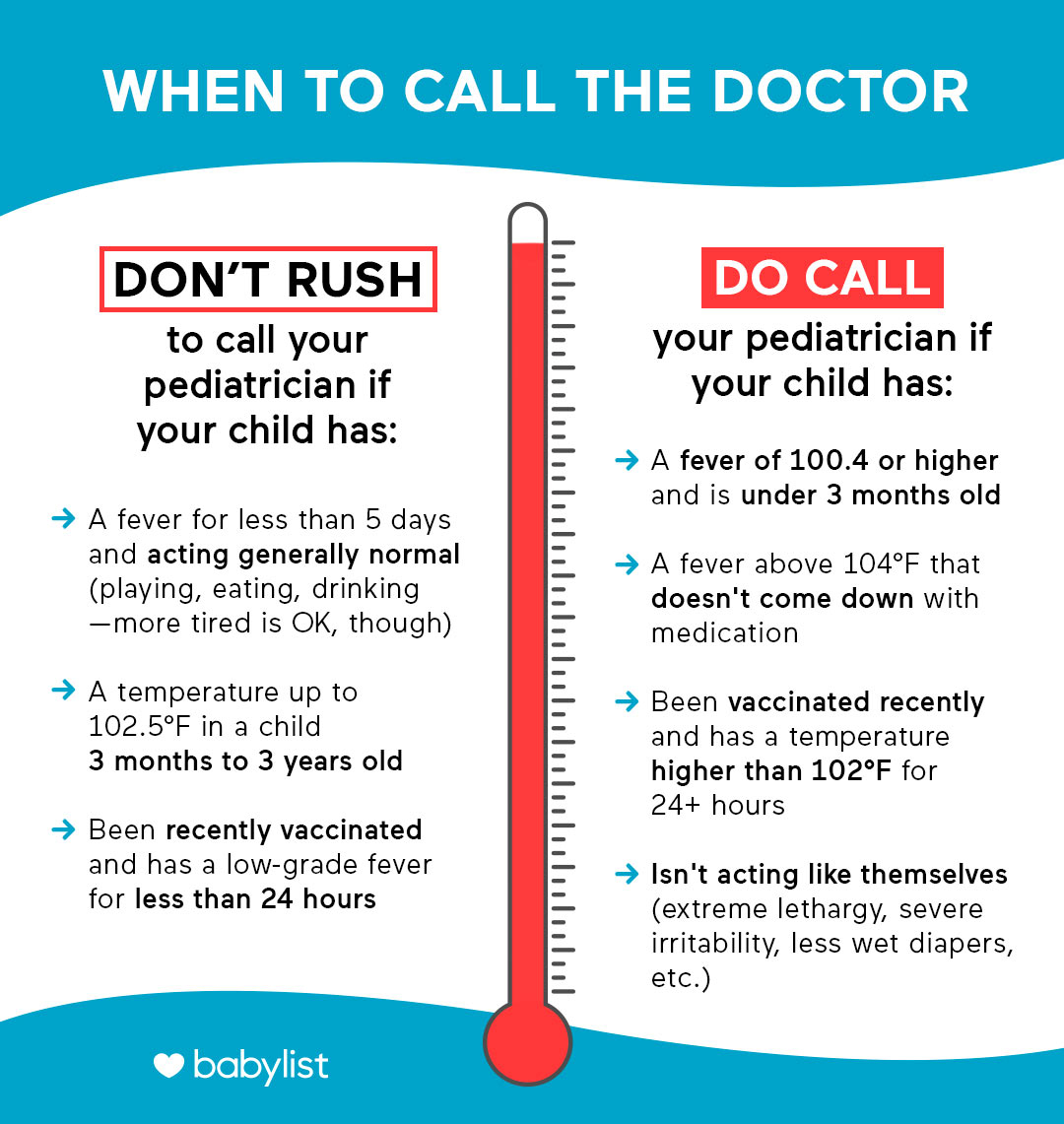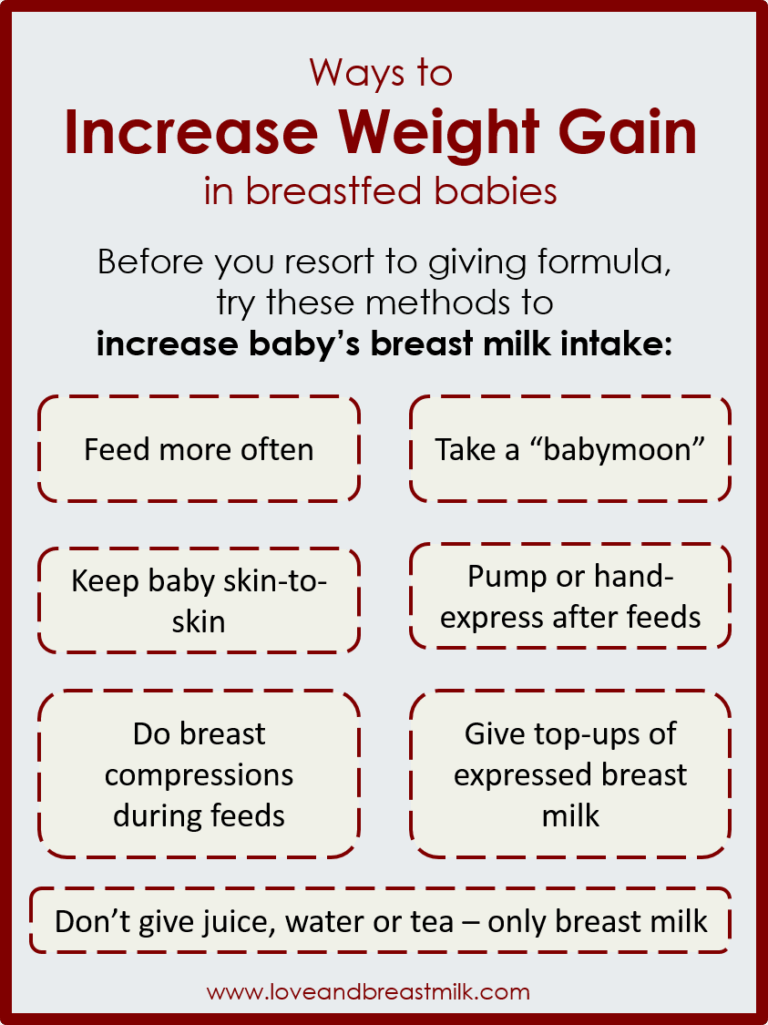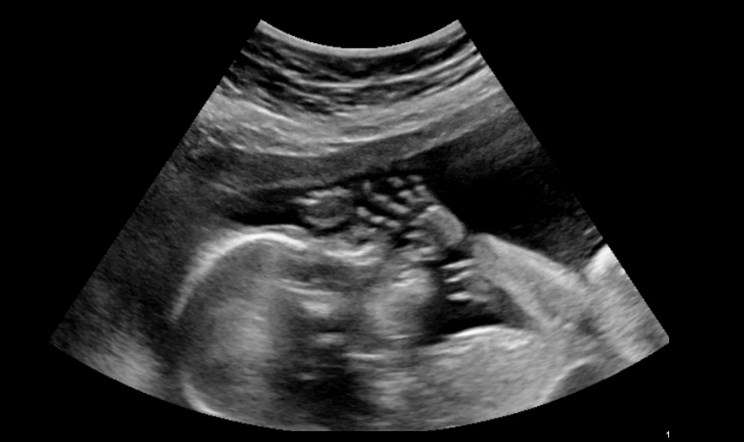What’s A Fever For A Baby: Understanding the Basics
As a parent, one of the most concerning moments is when your baby has a fever. It can be scary and overwhelming, especially for new parents. Understanding what constitutes a fever in babies and how to handle it is crucial for their health and well-being. In this article, we will delve into the details of what’s a fever for a baby, what causes it, how to measure it, when to seek medical help, and much more.
Knowledge
When it comes to babies, a fever is defined as a body temperature above the normal range. The normal body temperature for a baby is around 98.6 degrees Fahrenheit (37 degrees Celsius). Anything above this range is considered a fever. It’s important to note that a fever is not an illness in itself, but rather a symptom of an underlying infection or illness.
Fever in babies can be caused by a variety of factors, including viral or bacterial infections, teething, immunizations, overheating, or inflammation. Common illnesses that can cause fever in babies include colds, flu, ear infections, urinary tract infections, and gastroenteritis.
There are several ways to measure a baby’s temperature, including using a digital thermometer, ear thermometer, forehead thermometer, or rectal thermometer. It’s important to follow the manufacturer’s instructions for accurate readings. A rectal temperature is considered the most accurate way to measure a baby’s temperature.
If your baby is younger than three months old and has a fever of 100.4 degrees Fahrenheit (38 degrees Celsius) or higher, you should seek medical help immediately. For babies older than three months, you should contact your pediatrician if the fever is 102 degrees Fahrenheit (38.9 degrees Celsius) or higher, or if the fever persists for more than a few days.
Conclusion
In conclusion, knowing what’s a fever for a baby and how to handle it is essential for every parent. Understanding the causes of fever, how to measure it, and when to seek medical help can make a significant difference in your baby’s health. This article aims to provide comprehensive information on fevers in babies to empower parents to take the necessary steps to care for their little ones.
Remember, always trust your instincts as a parent and seek medical advice if you are concerned about your baby’s health. By being informed and proactive, you can ensure your baby receives the best possible care when dealing with a fever.






